The Planetary Society • July 24, 2020
Missions to Mars, and Exoplanets Caught on Camera
The Downlink: Weekly resources to fuel your love of space
Space Snapshot
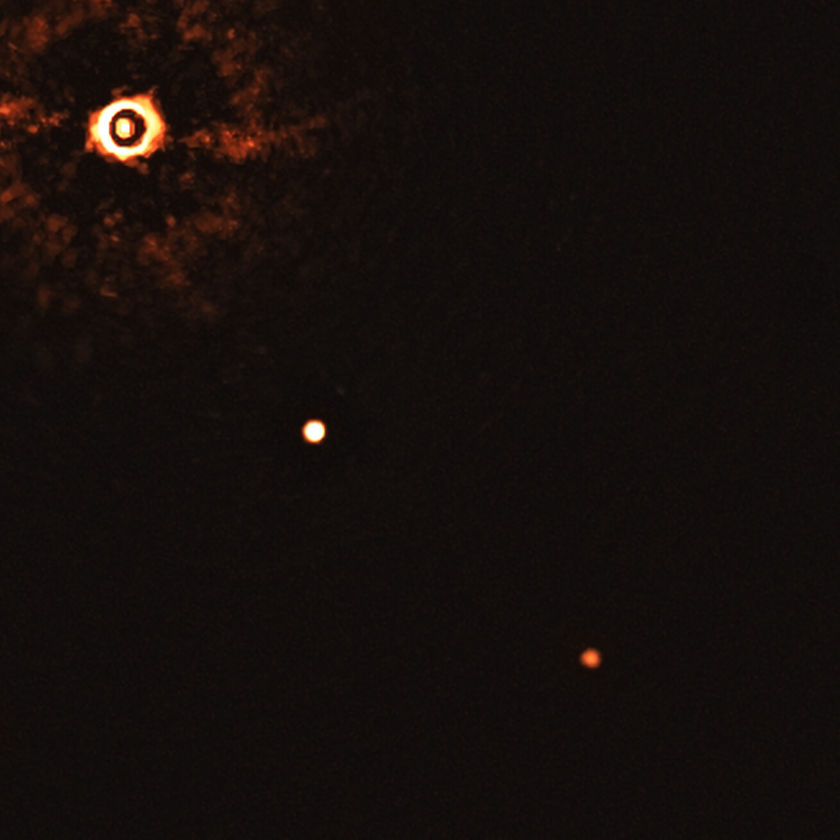
ESO/Bohn et al.
A Sun-like Star with 2 Exoplanets
This image shows 2 planets orbiting a star called TYC 8998-760-1. The star is 300 light-years away from Earth. The planets are gas giants like Jupiter and Saturn, and the star is similar to our own—at an earlier stage of evolution. The image was captured using the European Southern Observatory’s Very Large Telescope in Chile.
Scientists have captured a new image of 2 planets (pictured) orbiting a star 300 light-years away from Earth. The planets are gas giants like Jupiter and Saturn, and the star is similar to our own—at an earlier stage of evolution. The image was captured using the European Southern Observatory’s Very Large Telescope in Chile. Learn more about why and how we study exoplanets.
You love space, now take action
This weekly newsletter is your toolkit to learn more about space, share information with your friends and family, and take direct action to support exploration. Anyone can subscribe at planetary.org/connect to receive it as a weekly email.
Fact Worth Sharing
NASA’s Perseverance rover has a suite of instruments on board that essentially replicate the human sensory experience on Mars. Cameras give it sight, robotic arms provide touch, microphones allow it to hear, and chemical and mineral sensors act as taste and smell.
Mission Briefings
 Two new missions are on their way to Mars. The United Arab Emirates’ Hope spacecraft (pictured) successfully blasted off from Japan last Sunday, while China’s Tianwen-1 orbiter and rover launched without a hitch on Thursday. Next up is NASA’s Perseverance rover on 30 July. Learn more about all 3 missions at planetary.org/mars2020. Image credit: UAE Space Agency
Two new missions are on their way to Mars. The United Arab Emirates’ Hope spacecraft (pictured) successfully blasted off from Japan last Sunday, while China’s Tianwen-1 orbiter and rover launched without a hitch on Thursday. Next up is NASA’s Perseverance rover on 30 July. Learn more about all 3 missions at planetary.org/mars2020. Image credit: UAE Space Agency
 NASA has delayed the launch of its James Webb Space Telescope (JWST) to Halloween 2021. The spooky schedule slip is blamed on the ongoing COVID-19 pandemic and technical challenges. JWST is a multipurpose, next-generation observatory that will enable a wide variety of astrophysics and planetary science discoveries.
NASA has delayed the launch of its James Webb Space Telescope (JWST) to Halloween 2021. The spooky schedule slip is blamed on the ongoing COVID-19 pandemic and technical challenges. JWST is a multipurpose, next-generation observatory that will enable a wide variety of astrophysics and planetary science discoveries.
 The International Space Station’s three-and-a-half-year power system upgrade is finished, after astronauts Chris Cassidy and Robert Behnken completed a spacewalk on Tuesday. Cassidy and Behnken launched on SpaceX’s Crew Dragon in May and are expected to return to Earth on 2 August. Learn more about the International Space Station.
The International Space Station’s three-and-a-half-year power system upgrade is finished, after astronauts Chris Cassidy and Robert Behnken completed a spacewalk on Tuesday. Cassidy and Behnken launched on SpaceX’s Crew Dragon in May and are expected to return to Earth on 2 August. Learn more about the International Space Station.
From The Planetary Society
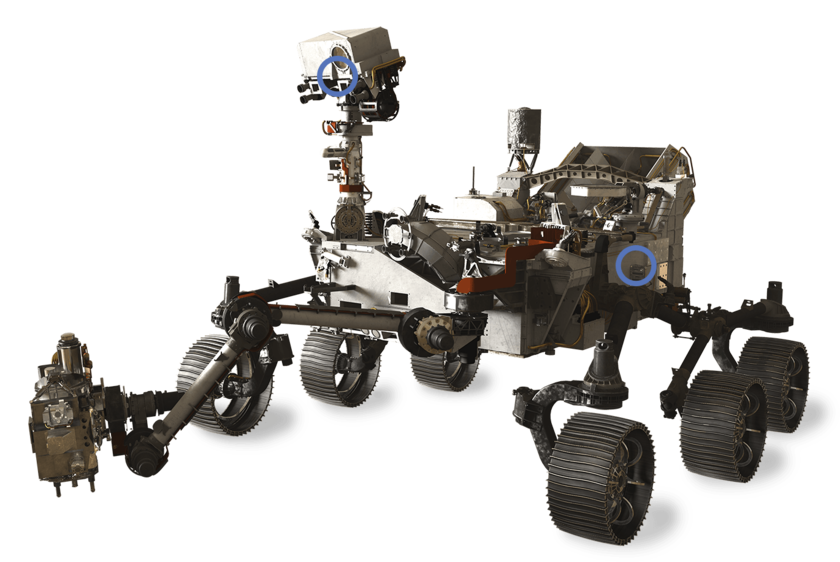
NASA / JPL
Perseverance microphone locations
Perseverance has 2 microphones, circled on this rendering of NASA's Curiosity rover. One is part of the Entry, Descent and Landing (EDL) system responsible for safely bringing the rover through Mars’ atmosphere to the surface. The other is included in the rover’s SuperCam science instrument.
 Ever wondered what Mars sounds like? The newest NASA Mars rover, which is scheduled to launch on 30 July, is equipped with two microphones that will record the sounds of Mars. Although this will be the first spacecraft to record Martian sounds, the idea for Mars microphones goes back a long way and has long been encouraged by The Planetary Society. Learn more about the Mars microphones and the history of trying to listen to the sounds of Mars. Pictured: NASA’s Perseverance rover, with its two microphones circled in blue. Image credit: NASA / JPL.
Ever wondered what Mars sounds like? The newest NASA Mars rover, which is scheduled to launch on 30 July, is equipped with two microphones that will record the sounds of Mars. Although this will be the first spacecraft to record Martian sounds, the idea for Mars microphones goes back a long way and has long been encouraged by The Planetary Society. Learn more about the Mars microphones and the history of trying to listen to the sounds of Mars. Pictured: NASA’s Perseverance rover, with its two microphones circled in blue. Image credit: NASA / JPL.
 As NASA’s Perseverance rover gets ready to launch, we invite you to follow along with our Solar System Specialist Emily Lakdawalla on her recent visit to the Jet Propulsion Laboratory’s clean room to see the rover before it got packed up for launch and chat with the engineers who built the robotic explorer. You can watch the launch of Perseverance live on our website.
As NASA’s Perseverance rover gets ready to launch, we invite you to follow along with our Solar System Specialist Emily Lakdawalla on her recent visit to the Jet Propulsion Laboratory’s clean room to see the rover before it got packed up for launch and chat with the engineers who built the robotic explorer. You can watch the launch of Perseverance live on our website.
 This week’s episode of Planetary Radio connects you with the team behind the United Arab Emirates’ Hope spacecraft to learn more about this groundbreaking mission. Plus, dive deeper into comet NEOWISE and learn more about The Planetary Society’s contributions to the latest planetary science decadal survey.
This week’s episode of Planetary Radio connects you with the team behind the United Arab Emirates’ Hope spacecraft to learn more about this groundbreaking mission. Plus, dive deeper into comet NEOWISE and learn more about The Planetary Society’s contributions to the latest planetary science decadal survey.
What’s Up
 Comet NEOWISE continues to impress observers in the northern hemisphere this week, rising higher each night in the northwest. On the other side of the sky, Jupiter and Saturn are shining brightly for all the world to see.
Comet NEOWISE continues to impress observers in the northern hemisphere this week, rising higher each night in the northwest. On the other side of the sky, Jupiter and Saturn are shining brightly for all the world to see.
Wow of the Week
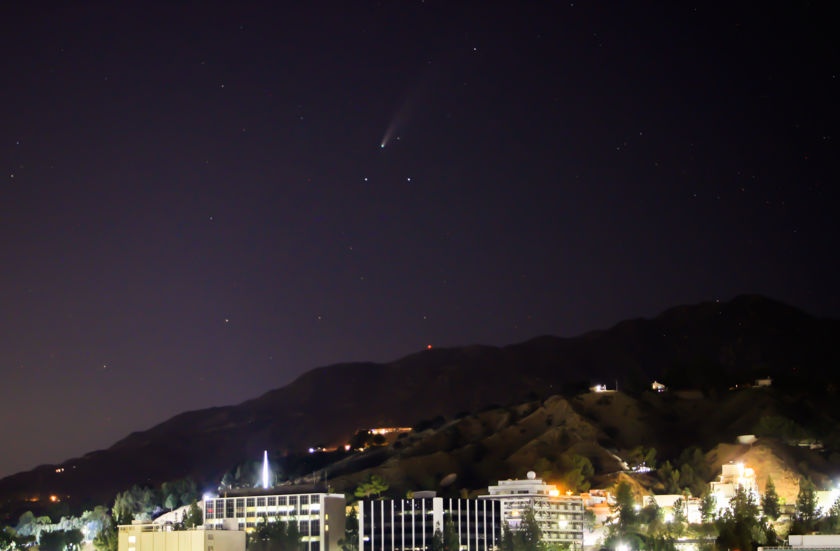
Bruce Betts
Comet NEOWISE over JPL
Planetary Society chief scientist Bruce Betts captured this image of comet NEOWISE in the night sky over NASA’s Jet Propulsion Laboratory (JPL) in Pasadena, California, just a few miles from The Planetary Society’s headquarters. NASA’s NEOWISE mission, which discovered the comet, is operated from JPL.
This week’s Wow is a photo by our chief scientist Bruce Betts showing comet NEOWISE in the night sky over NASA’s Jet Propulsion Laboratory (JPL) in Pasadena, California, just a few miles from The Planetary Society’s headquarters. NASA’s NEOWISE mission, which discovered the comet, is operated from JPL.
Do you have a suggestion for the Wow of the Week? We’re looking for space-related art, music, gadgets, quotes, fashion, burning questions, brief sci-fi passages, or anything else that will make our readers go “Wow!” Send us your idea by replying to any Downlink email, and please let us know if you’re a Planetary Society member.

Let's Change the World
Become a member of The Planetary Society and together we will create the future of space exploration.

Advance Science
As a space advocate, you’re part of the most exciting time in space exploration in 50 years.
from Planetary Society Blog https://ift.tt/3jEjWq7
via IFTTT
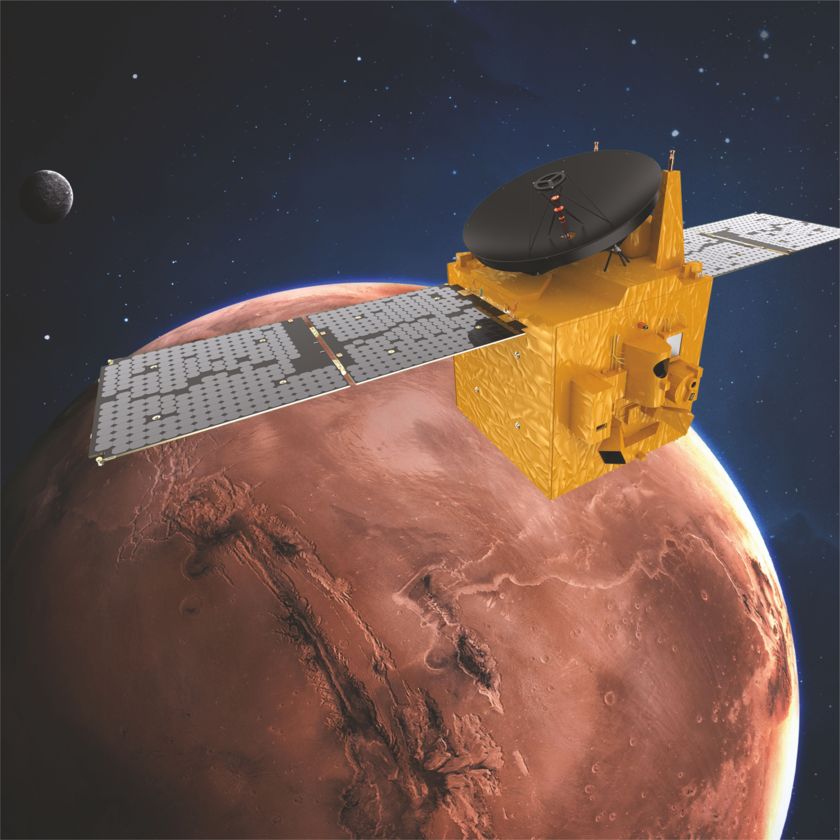

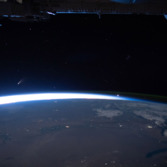
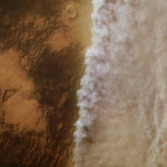
沒有留言:
張貼留言